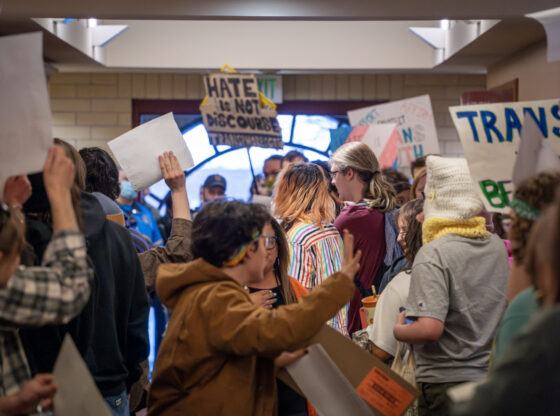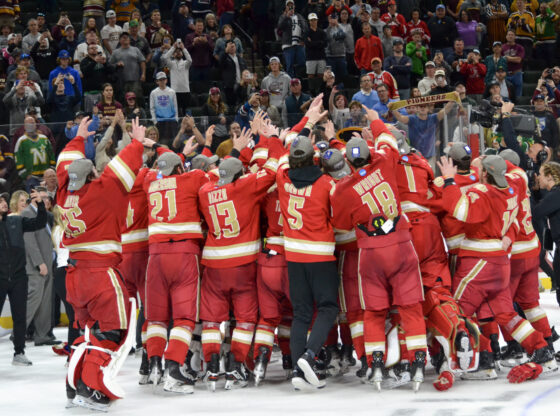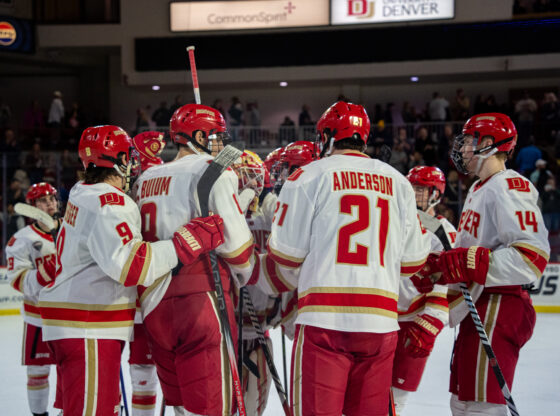Encountering conversations about the urban-rural divide in the U.S. has become common since the 2016 election, when the split between different voters became a major way of discussing results. But as time goes on, discussions of this split have evolved beyond election analysis as we realize that tension between urban and rural voters affects many aspects of American politics and quality of life. Colorado is a striking example of such a divide—the state is made up of rural and mountain communities surrounding an urban front range, and personal accounts from urban and rural residents indicate various resentments and misunderstandings. But if Colorado wants to be an exemplary and prosperous state into the future, overcoming these misunderstandings is going to be key. This will take some policy compromises and solutions, but also, perhaps more importantly, more patience and compassion for the many different backgrounds Coloradans represent.
Setting out to understand the urban-rural divide is arduous, and that is because neither one of these groups is anywhere close to uniform—just as people in urban areas have different views and values as people in rural areas, individuals within these groups are equally diverse. However, some headway has been made through surveys and analysis.
The 2017 Washington Post- Kaiser Family Foundation survey revealed some interesting results. Nationwide, there are both economic and cultural reasons for a divide. On the economic side, rural areas are shown to have recovered more slowly from the 2008 recession, and concern over lack of jobs is stronger in rural areas than urban areas. Additionally, urban residents often feel that the government caters more towards the needs of cities. But the survey also looked at cultural differences, which researchers found to be even more important in defining a split. Rural residents were more likely to consider their values different or very different from urban residents, and these value systems play heavily into how the two groups perceive each other.
Both economic and cultural differences can also be felt in Colorado. More than half of Colorado’s registered voters live in just five of 64 counties, and as the front range grows, there are more voters representing urban interests, which tend toward a different set of issues than for rural voters. This has left many rural residents feeling voiceless and disregarded, according to reporting from The Denver Post and NPR. A (largely symbolic) attempt to protest this lack of voice came in 2013 when leaders in several rural counties held a referendum on a secession movement. Though the state won’t really split into two, we owe it to each other to try to come up with some solutions.
Sometimes, starting with concrete policy solutions is easier. There are some things state leaders are already doing—the rural broadband bill in talks over the past few months has become law, emphasizing the extension of internet service to parts of the state where speeds and access have lagged. Improving health care services and affordability in rural areas should also be a policy priority. Coming up with policy areas to improve quality of life across the state is a job that will fall to the next governor, and the governor’s race is also a time when we can consider the variety of policy issues that will represent the needs of more Coloradans.
But if the divide really is more cultural than economic, as The Washington Post survey indicates, this gives hope that more understanding, patience and respect will actually go a long way. Urban and rural residents need to value one another and the different things each brings to the state, be it culturally or economically. Urban centers are important for Colorado’s economic growth, but that growth relies on energy and agriculture from rural areas as well as the people that work across all industries. What is more, having a diverse range of opinions and values makes our state fuller and, hopefully, can encourage us to all be more compassionate. Moving forward, compromise when it comes to urban and rural policy goals in state politics will be important, but so will a desire to listen to others with different values.











